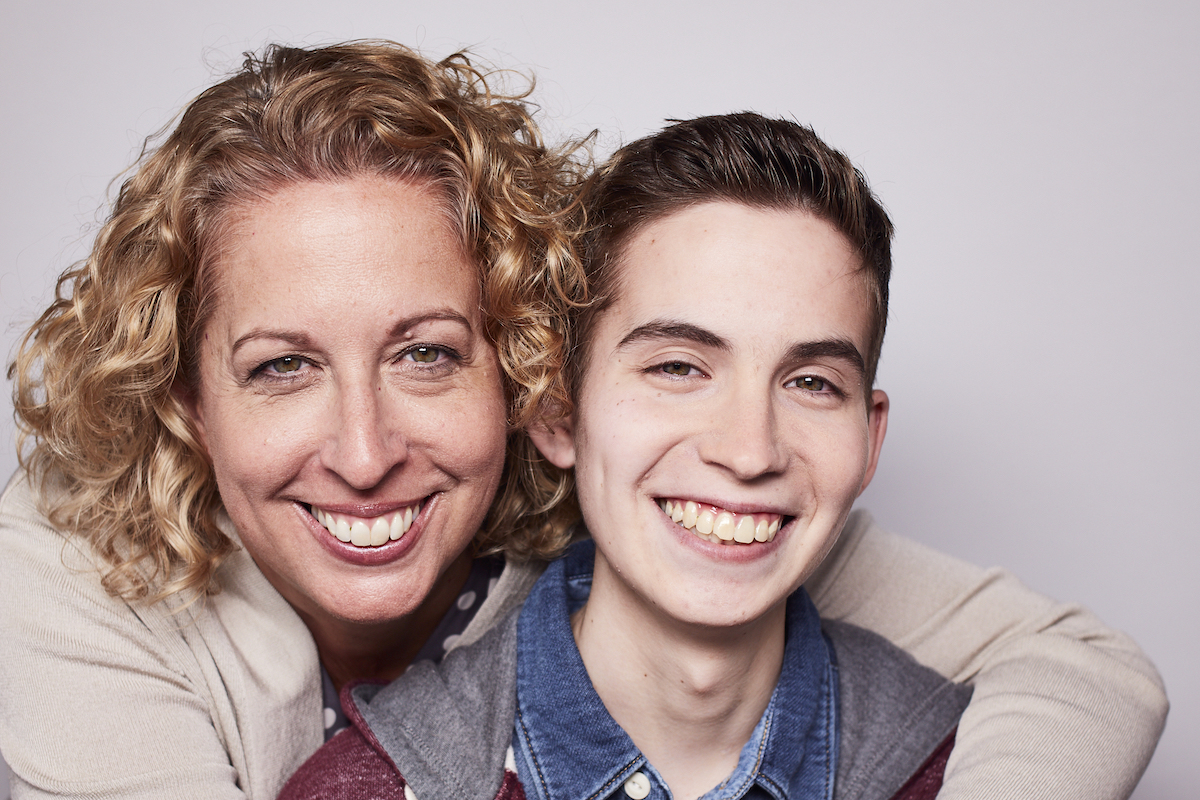Advancements in our ability to understand cancer have led to novel treatment approaches such as CAR-T therapy, which has greatly aided patients like Justin in their fight with certain blood cancers. In this blog post, Justin shares his eight-year battle with leukemia and his hope for the future of cancer care.
At 19 years old, I’ve battled cancer for half of my life.
I was diagnosed with acute lymphoblastic leukemia when I was just eight years old. Although getting a cancer diagnosis was scary and confusing, the doctors said the outlook was promising as long as I adhered to the treatment protocol. After three years of on-and-off chemotherapy, I entered remission.
A few months later, the cancer returned, leaving me and everyone around me shocked, because we thought we had done everything right. But the surprise quickly faded, and we realized the fight wasn’t over. So we continued treatment. Two more years of chemotherapy and radiation led to another remission…
…And shortly after, another relapse. This time I was angry. I was now a teenager, and I had already missed so many parts of life my peers were experiencing. I couldn’t go to the beach. I couldn’t play sports. I couldn’t travel easily. I was tired of living in and out of a hospital and just wanted to beat my cancer and get on with life.
During this third relapse, I went through the long, grueling process of a bone marrow transplant, which led to another remission. Nine months later my cancer came back for the fourth time, and at that point, I nearly gave up. I had been facing the possibility of death for so long, that in many ways, I accepted my diagnosis as inevitable. I began writing my will and emotionally preparing for the worst outcome. Meanwhile, my family started looking into hospice care.

